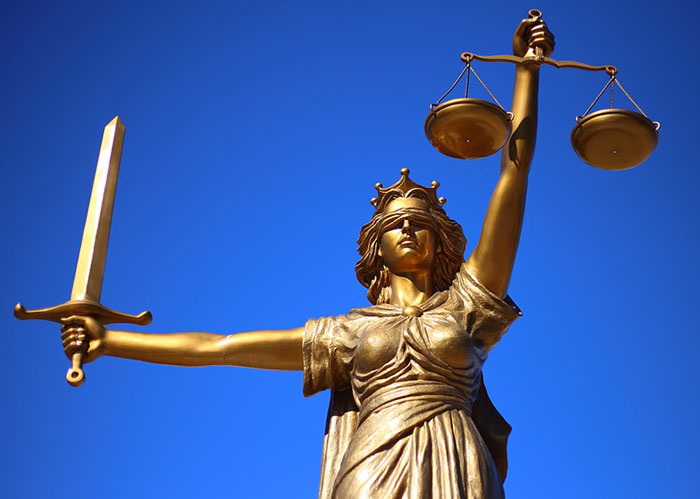Oct 25 2018 | posted by LORR Team

We often get asked, “What is litigation support?” In short, it is assistance with the discovery process — as well as other aspects — on a pending litigation case. Litigation support services can include anything from record retrieval and subpoena services to forensic accounting, legal photography, and other case-related tasks.
What Goes Into Litigation Support
There are several areas of litigation support, all of which aim to help the attorney or firm build a stronger case, gain more insights into the claim in question, or create a better trial presentation.
So, what is litigation support, and what are the individual pieces of the puzzle? In general, litigation support includes:
- Subpoena and citation service — Many litigation support agencies will alleviate the burden of subpoena and citation services by providing these services for their clients. They might also specialize in serving hard-to-find witnesses or parties.
- Record retrieval — Record requests are typically some of the most tedious and time-consuming tasks for busy attorneys. Litigation support teams will often handle these requests on their clients’ behalf. Many even employ specialized retrieval personnel with experience in certain agencies or types of records.
- Trial presentation assistance — Litigation support professionals don’t just help gather data and testimony. In order to help attorneys best present that data, they also provide trial boards, legal videography, photography, and other services to improve their courtroom presentations.
- eDiscovery — Litigation support specialists assist in the discovery process with various technologies and electronic tools. They are typically well-versed in the legal process, as well as discovery methods, strategies, and tools.
- Access to various software and hardware — With litigation support, firms can usually access specialized programs designed to improve forensic accounting, research, data processing, and data management. Some even offer electronic databases for organizing case files and evidence.
- General consulting — Litigation support specialists might also offer general consulting services to assist attorneys with various facets of their cases. This could be in the discovery phase or any other portion of the litigation.
As you can see, there are many services that fall under the litigation support umbrella. Though not every litigation support team will provide all these services, they are certainly among the most commonly offered ones in the industry.
Litigation Support Specialist Career Paths
Since there are so many facets of litigation support, there are also many potential career paths for those who are interested in the field.
Potential positions within the sector include:
- Database administrator — These professionals handle the data: extracting it, processing it, searching it, and reporting on it. They may also set up or manage electronic databases for clients.
- Records retrieval specialist — These are experts in getting records from various government agencies, businesses, and organizations. They might specialize in a certain type of record.
- Project manager — This is generally the client-facing person on the litigation support team. They ensure all the goals are met and the tasks accomplished, and they keep the project progressing.
- Server — These specialists work to serve citations, subpoenas, and depositions on written questions. They also might deliver documents to courthouses on behalf of the client.
- Vendor manager — These professionals handle internal and partner relationships. They might choose the technologies and services that the firm uses or purchase software and hardware for discovery team members.
- Creative expert — These are generally the professionals working on trial presentations. They may be photographers, videographers, copywriters, or graphic designers.
- Outreach — In litigation support, outreach can include marketing, advertising, speaking, or evening training. Whatever the method, it involves raising awareness for the litigation support firm and generally doesn’t require specialized legal knowledge.
Have more questions about what is litigation support? Interested in a litigation support career? Then contact LORR today.